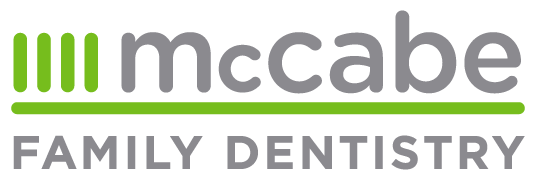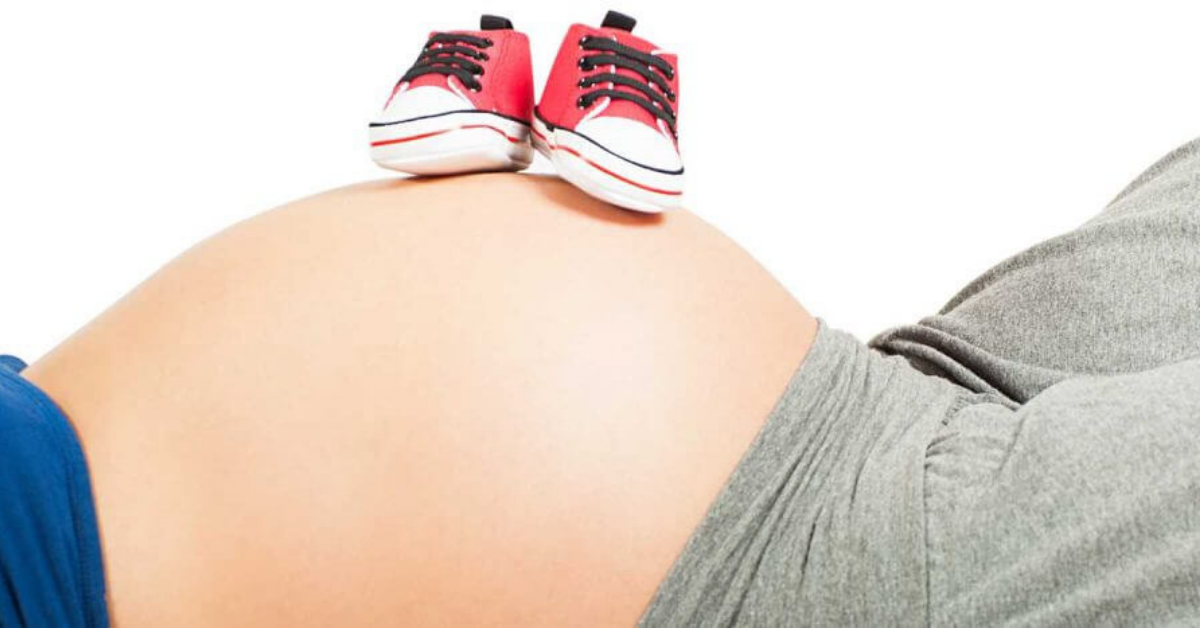Pregnancy is an exciting time when a woman’s body undergoes many changes. What many people don’t know is that the mouth experiences some changes too. During pregnancy, women often experience gingivitis caused by their increased hormone levels – this causes the gums to bleed easily. The composition of saliva also changes and becomes more acidic, reducing its capacity to neutralize acids secreted by the bacteria that cause cavities. Because of these changes, it is both safe and very important to keep up with regular dental care during pregnancy! Routine dental hygiene visits are imperative to monitor and assess the oral condition during pregnancy. Thorough dental care at home is also a vital component to keep your smile healthy as baby develops.
Dental Care At Home
You’re sick, you’re exhausted – we get it! But you’re also more prone to gingivitis, which can manifest as red, swollen gums that bleed when brushing or even spontaneously. Treating yourself to good dental care is one of the best favours you can do yourself while pregnant.
Ideally, it is best to brush twice daily with a fluoride-containing toothpaste and floss daily. If nausea is making this difficult, try switching toothpastes to one with a milder flavour – even a children’s bubblegum or fruit flavoured toothpaste will do the trick! If you do find yourself vomiting, have a glass of water afterwards or rinse with an alcohol-free mouth rinse to help neutralize the acids in your mouth which can contribute to acid erosion of the enamel on your teeth.
Routine Dental Hygiene Care – RECOMMENDED!
Your routine dental hygiene visit is not only safe, it is recommended! Your hygienist will be able to thoroughly clean the plaque and calculus debris off your teeth, reducing the severity of pregancy-induced gingivitis. In patients who have particularly severe gingivitis while pregnant, it may be advisable to receive an extra oral hygiene visit during pregnancy to help maintain optimal dental health.
If you are prone to periodontal disease, in which the infection of the gums also affects the bone that supports your teeth, it is absolutely imperative to receive regularly scheduled dental hygiene care. Active periodontal disease has been linked to preterm births and low birth weights in many recent studies. Seeing your hygienist for regular care helps to prevent bacterial build-up and keep your gums and teeth healthy.
Tips for your routine visit
1. Let your dentist know that you are pregnant!2. Let us know if you are taking new medications (including prenatal vitamins or Diclectin).3. Bring a body pillow or neck pillow to help you get comfortable4. Move your legs around as needed to maintain healthy circulation
Radiographs
Most routine diagnostic x-rays can be postponed until after the baby is born, so we generally wait until after birth. However, if an x-ray is required to diagnose a dental infection, it is advisable to take it as soon as possible to allow for treatment to resolve infection. Routine diagnostic x-rays do not carry a significant enough radiation dose to cause adverse effects to the developing fetus
Dental Treatment
If you have a dental infection, it is safe to receive dental treatments such as fillings, root canals, crowns, or extractions during pregnancy. A link has been shown between dental infections and low birth weight, so it is preferable to receive treatment during pregnancy rather than leaving an infection that may potentially worsen. If an acute infection is present, it is best to treat it immediately. However, if pain or acute infection is not a factor, dental treatment is ideally scheduled during the second trimester which carries the lowest risk and maximum comfort for our patient. If possible, we attempt to schedule away from the the 1st and 3rd trimester because of critical periods of organ and brain development in the growing baby.
Additionally, it may be uncomfortable for a mother in her third trimester to receive dental treatment due to prolonged time lying on her back. With that said, it is considered safe to receive treatment during any trimester if necessary. Cosmetic work is generally postponed as a precaution and to maximize mom’s comfort. This includes whitening, veneers, and other dental work done only for aesthetic purposes

